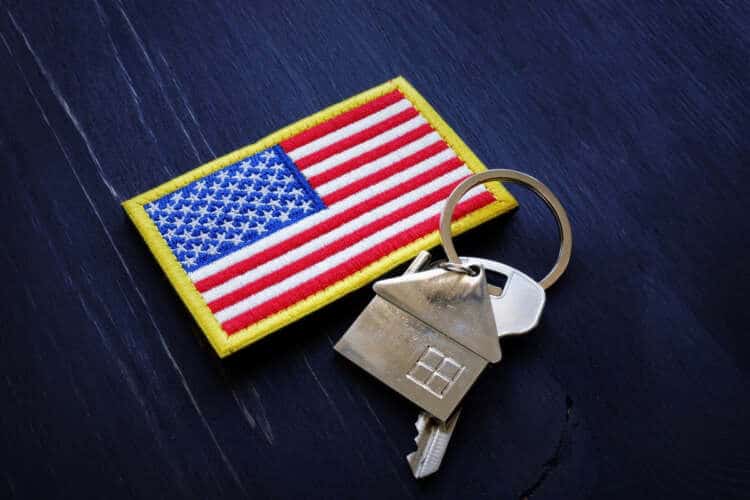How to Get a VA Loan Funding Fee Refund
Updated: April 5, 2023
The VA loan offers active troops and veterans an incredible mortgage option. But, to offset the program’s costs, the government charges many borrowers a funding fee. Fortunately, some veterans qualify for funding fee exemptions.
If you didn’t meet the requirements for a VA funding fee exemption when applying for a VA loan but do now, a path may exist to seek a refund. Below we explain who can get a VA funding fee refund and the steps to take.
The VA Loan Funding Fee
First, let’s refresh our memory on the VA funding fee. The VA funding fee is a mandatory fee applied to most VA loans meant to offset the government’s cost of administering the program.
The fee previously varied by service type (active duty vs. reservist) but now varies by loan type, down payment amount and prior usage of the VA loan.
If your loan closed before April 7, 2023, your funding fee likely ranged from 2.3% to 3.6% for most purchase loans and 0.5% to 3.6% for refinance. Loans closed after April 7, 2023, range from 2.15% to 3.3% for most purchase loans and 0.5% to 3.3% for refinancing.
Who Can Get a VA Funding Fee Refund After Closing?
When you apply for a VA loan, your lender reviews your VA loan Certificate of Eligibility (COE). Your COE clearly states whether or not you qualify for a funding fee exemption. Borrowers exempt include those receiving VA disability compensation, Purple Heart recipients and eligible surviving spouses.
However, the COE doesn’t consider those who may receive a future exemption, specifically those with a pending disability rating.
Eligibility for a VA funding fee refund depends on your VA disability status and effective date. To be eligible for a VA funding fee refund, borrowers must obtain VA disability compensation with an effective date before the loan’s closing date.
The VA typically places the effective date of a disability caused or made worse by service as the later between the day the VA received the claim and the date of your injury or illness.
Let’s look at two scenarios of borrowers who both paid the VA funding fee and closed their VA loans on February 6, 2023:
- Borrower 1 filed a VA disability claim on January 1, 2023, and received a 20% disability rating on April 2, 2023. The VA sets the effective date of Borrower 1’s VA disability compensation as January 1, 2023, meaning Borrower 1 is now eligible for a VA funding fee refund.
- Borrower 2 filed a VA disability claim on February 15, 2023, and received a 30% disability rating on April 5, 2023. Borrower 2’s effective date is after the loan closing date, meaning Borrower 2 does not qualify for a VA funding fee refund.
How to Get a VA Funding Fee Refund
Because you pay the funding fee directly to the VA, it is the VA that will ultimately decide whether or not you can receive a refund. Contact your VA Regional Loan Center at 877-827-3702 (TTY: 711) to start the VA funding fee refund process.
According to the VA, refund requests must be reviewed and decided within 10 business days of the initial request date. If the VA approves your request, you typically receive the refund in one of two ways, depending on how you initially paid the funding fee.
- If you paid the fee in cash at closing, you will receive a cash refund for the amount of the funding fee.
- If you rolled the funding fee into the loan, the lender must apply the funding fee refund to the principal.
A few caveats apply, such as if the loan servicer differs from the originator, if the borrower refinanced the loan or if the loan is in default. The VA should provide guidance. However, you can also contact your original lender or servicer for additional help.
Most Popular VA Loans and Mortgages Articles

VA Home Loan Guide

VA Loan Calculator

How to Refinance a VA Loan

VA Loan Certificate of Eligibility (COE)

2024 VA Loan Limits by County

Best VA Loan Lenders































































